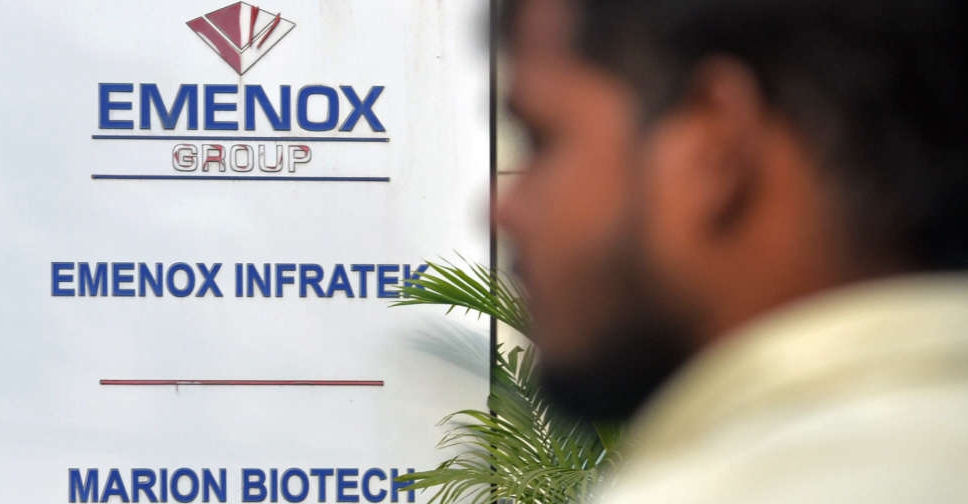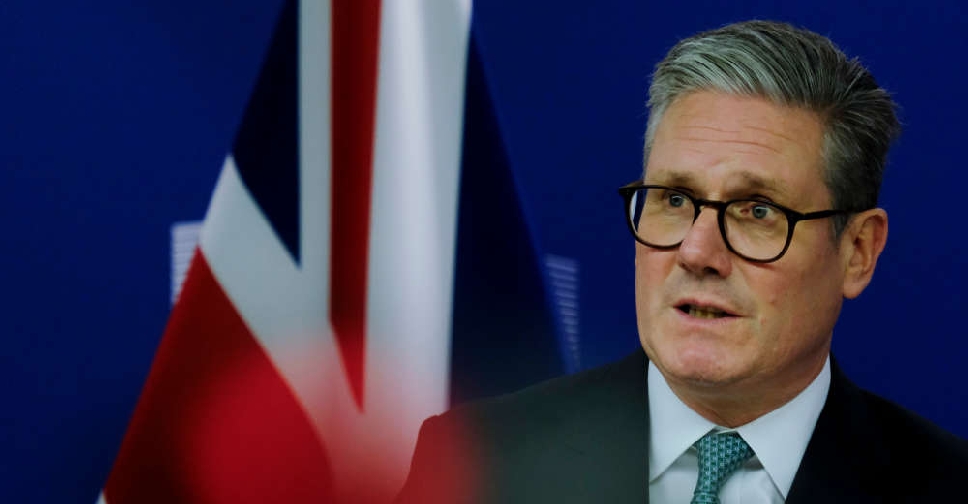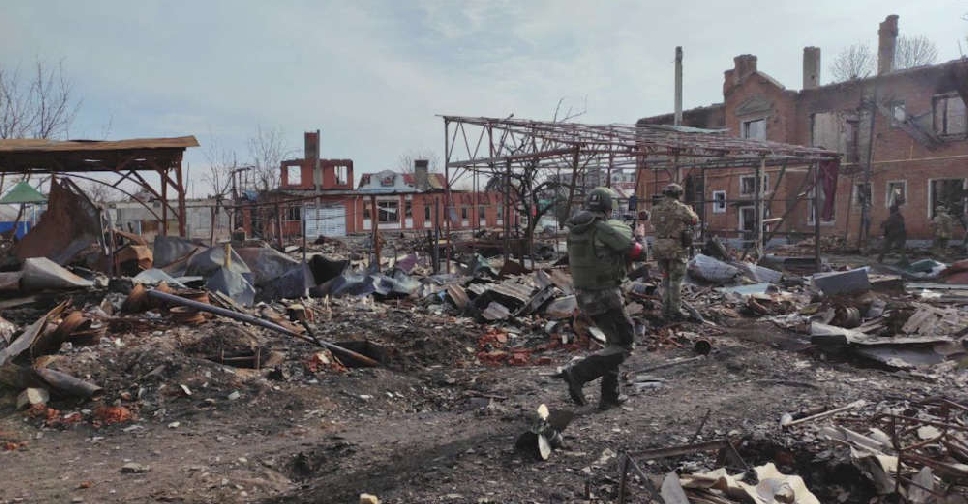
Indian police on Friday arrested three employees of a pharmaceutical firm whose cough syrups were linked to the deaths of 19 children in Uzbekistan.
The arrests were made after tests by an Indian government laboratory found 22 drug samples of Marion Biotech, based near New Delhi, "adulterated and spurious," according to a police document seen by Reuters.
Police said they arrested Marion's head of operations and two chemists on the basis of a complaint received by an inspector of the Central Drugs Standard Control Organisation (CDSCO), which investigated the company three times in December and once in January.
"The adulterated and spurious drugs can cause grievous hurt to the public and it is suspected that related material/records may be disposed of," CDSCO drug inspector Asheesh Kaundal said in his complaint.
Two Marion directors were "out of the country and will be arrested as soon as they land in India," senior police official Ram Badan Singh told Reuters.
Uzbekistan in December said the children died after consuming Marion's cough syrups. India suspended Marion's production soon after.
Analysis by Uzbekistan's health ministry showed the syrups, Ambronol and DOK-1 Max, contained a toxin, ethylene glycol.
The syrups were administered in doses higher than the standard for children, either by their parents, who mistook it for an anti-cold remedy, or on the advice of pharmacists, according to the analysis.
The same toxin was found in cough syrups exported to Gambia by another Indian company, Maiden Pharmaceuticals.
India in October suspended production at Maiden for violations of manufacturing standards after the World Health Organization said four of its cough syrups may have killed dozens of children in Gambia.
The company has denied that its drugs were at fault for the deaths in Gambia and tests by an Indian government laboratory found there were no toxins in them.
An Indian court last month sentenced two Maiden executives to two and a half years in jail for exporting shoddy drugs to Vietnam a decade ago.
The deaths in Gambia and Uzbekistan have dented the image of the $41 billion pharmaceutical industry in India, which is known as the "pharmacy of the world."



 Putin backs US ceasefire idea for Ukraine but says there's lot to clarify
Putin backs US ceasefire idea for Ukraine but says there's lot to clarify
 British PM Starmer scraps health body NHS in search of savings, better care
British PM Starmer scraps health body NHS in search of savings, better care
 Russia says its forces will soon retake all of Kursk from Ukrainian troops
Russia says its forces will soon retake all of Kursk from Ukrainian troops
 Russia ready to discuss peace initiative on Ukraine with US
Russia ready to discuss peace initiative on Ukraine with US



